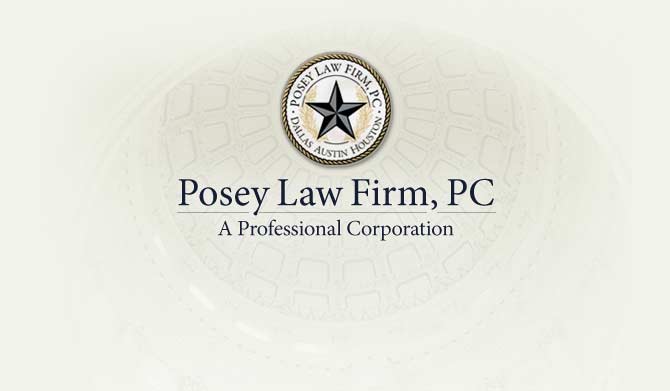The U.S. Justice Department reports that historically speaking, debtors were jailed for failing to pay their debts. These debtors' prisons were banned under U.S. federal law in 1833, and 150 years later, the U.S. Supreme Court affirmed that jailing debtors is unconstitutional under the Fourteenth Amendment.
But while most businesses are limited to civil remedies to collect debts, and must abide by the Fair Debt Collection Practices Act when doing so, rent-to-own businesses have been taking advantage of laws in Texas and other states to move beyond civil remedies and into criminal charges for theft.
In Waco County, for example, rent-to-own companies filed theft charges against more than 400 customers in the last three-and-a-half years. Nationwide, those criminal charges number in the thousands.
This practice and other questionable debt collection practices from rent-to-own companies triggered a Consumer Financial Protection Bureau (CFPB) investigation, however. In particular, the CFPB is concerned about record-keeping, as Rent-A-Center's subsidiary, Acceptance Now, allegedly mishandled customer records. Companies that mishandle customer and debtor records are subject to penalties and fines from state and federal agencies.
Indeed, Jake Posey, managing shareholder of The Posey Law Firm, PC notes, unpaid debt is an enormous burden on companies, but sometimes those debts reflect larger problems with business models that can be remedied with better business practices and methods. In addition, better business practices and emphasis on keeping excellent records can remedy both difficulty collecting debts and potential negative consequences from regulators and agencies.


